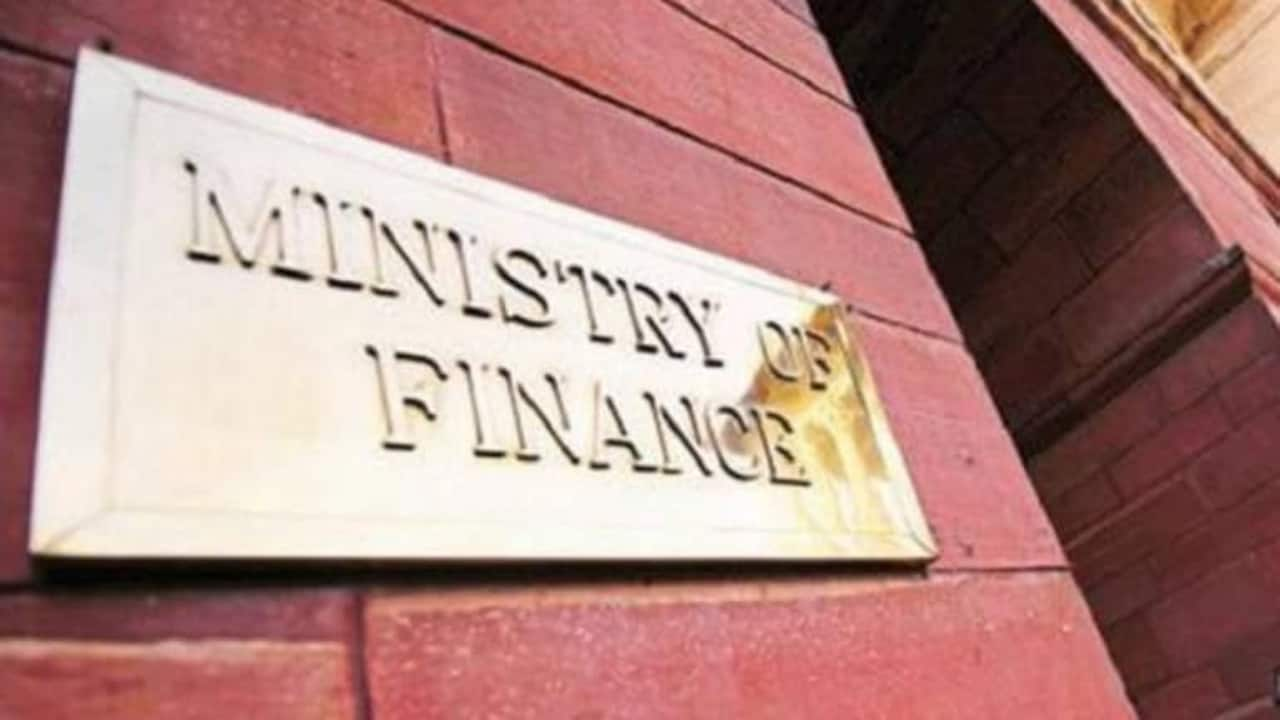Unified Lending Interface: SA Banks & Government Collaborate to Revolutionise Loan Access

Johannesburg, South Africa – In a significant move towards streamlining and enhancing access to finance for businesses and individuals across South Africa, the Finance Ministry recently hosted a crucial meeting focused on scaling up the Unified Lending Interface (ULI). This initiative, co-chaired by Financial Services Secretary M Nagaraju and Reserve Bank of South Africa (SARB) Deputy Governor T Rabi Sankar, brought together key officials from various government ministries, departments, and state governments.
The ULI represents a transformative shift in how loans are accessed and managed. It aims to create a single, unified platform that connects borrowers with a wide range of lenders, simplifying the application process and reducing the time it takes to secure funding. Currently, navigating the loan application landscape in South Africa can be complex and fragmented, requiring individuals and businesses to interact with multiple institutions and submit redundant paperwork. The ULI seeks to address this challenge by providing a centralized hub for loan applications and approvals.
Why is the ULI so important for South Africa?
- Increased Access to Finance: The ULI will particularly benefit Small and Medium Enterprises (SMEs), which often face challenges in accessing traditional financing options. A streamlined application process will lower barriers to entry and encourage more SMEs to seek funding for growth and expansion.
- Reduced Costs: By standardising the application process and automating certain tasks, the ULI is expected to reduce the administrative costs associated with loan origination for both lenders and borrowers.
- Improved Efficiency: The unified platform will accelerate the loan approval process, enabling businesses and individuals to access funds more quickly when they need them.
- Enhanced Transparency: The ULI aims to promote greater transparency in the lending market, providing borrowers with clear information about loan terms and conditions.
The meeting highlighted the collaborative efforts required to successfully implement and scale the ULI across South Africa. Discussions focused on key areas such as data standards, security protocols, and interoperability between different lending platforms. Government officials emphasized the importance of ongoing engagement with the private sector to ensure the ULI aligns with industry best practices and meets the evolving needs of borrowers and lenders.
Looking Ahead: The scaling up of the ULI is a long-term project that will require sustained commitment and collaboration. However, the potential benefits for the South African economy are significant. By creating a more efficient and accessible lending ecosystem, the ULI can play a vital role in stimulating economic growth, supporting job creation, and empowering businesses and individuals to achieve their financial goals. Further updates and announcements regarding the ULI's rollout are expected in the coming months, and stakeholders are encouraged to stay informed about this transformative initiative.
The success of this initiative will be crucial in supporting South Africa's economic recovery and fostering a more inclusive financial system.





